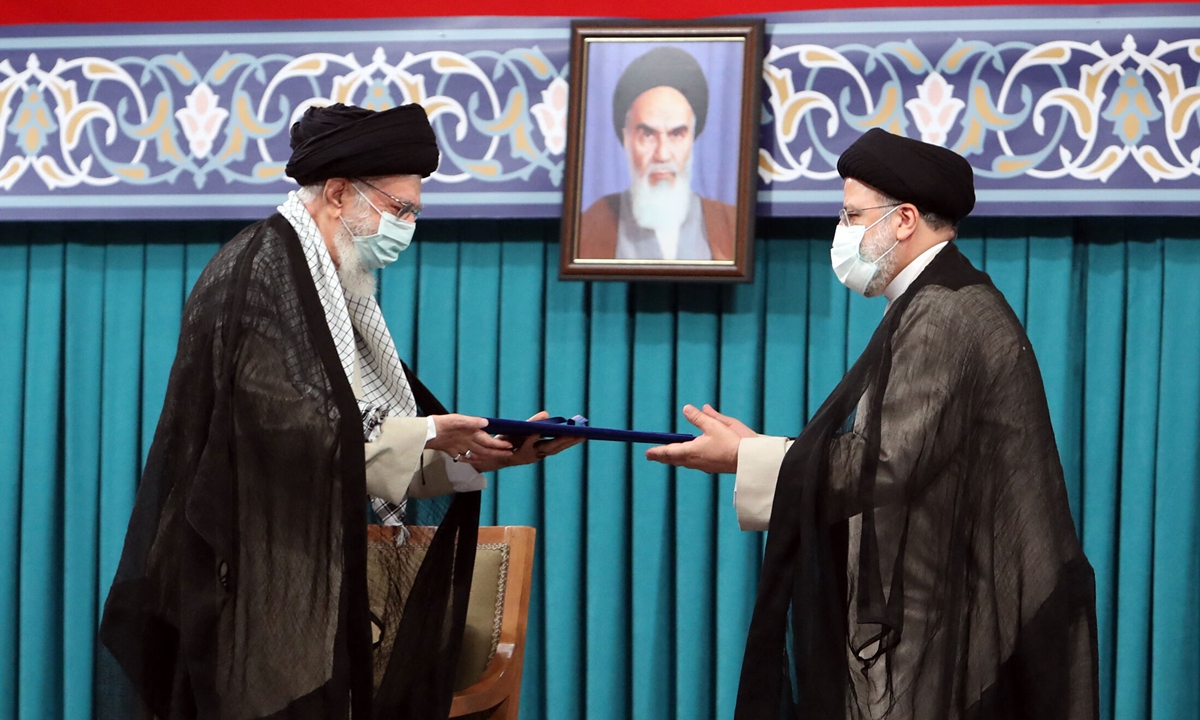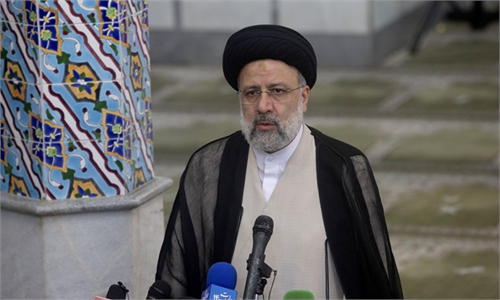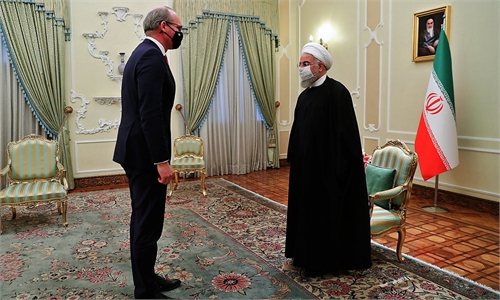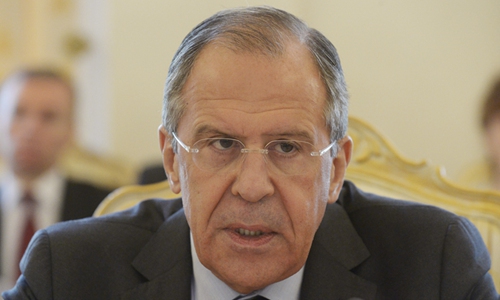Low expectations on nuclear talks
Diplomats say time is running low to resurrect the pact

A handout picture provided by the office of Iran's Supreme Leader Ayatollah Ali Khamenei on Tuesday, shows him (left) during the inauguration ceremony for Ebrahim Raisi as President, in Khamenei's office in the capital Tehran. Raisi was inaugurated as president of Iran, a country whose hopes of shaking off a dire economic crisis hinge on reviving a nuclear deal with world powers. Photo: AFP
World powers and Iran are expected to return to Vienna on Monday for a last ditch effort to salvage a 2015 nuclear deal, but few expect a breakthrough.Diplomats say time is running low to resurrect the pact, which then-US president Donald Trump abandoned in 2018, angering Iran and dismaying the other world powers involved - Britain, China, France, Germany and Russia.
Six rounds of indirect talks were held between April and June. The new round begins after a hiatus triggered by the election of a new Iranian president, Ebrahim Raisi, a hard-line cleric.
Tehran's new negotiating team has set out demands that US and European diplomats consider unrealistic. They are insisting that all US and EU sanctions imposed since 2017, including those unrelated to its nuclear program, be dropped.
In parallel, Tehran's conflicts with the UN atomic watchdog, which monitors the nuclear program, have festered. Iran has pressed ahead with its enrichment program and the IAEA says its inspectors have been refused access to reinstall monitoring cameras at a site it deems essential to reviving the deal with world powers.
"They are doing enough technically so they can change their basic relationship with the West to be able to have a more equal dialogue in the future," said a Western diplomat involved in the talks.
Two European diplomats said it seemed Iran was simply playing for time to accumulate more material and know-how.
Western diplomats say they will head to Monday's talks on the premise that they resume where they left off in June. They have warned that if Iran continues with its maximalist positions and fails to restore its cooperation with the IAEA then they will have to quickly review their options.
Iran's top negotiator and foreign minister both repeated on Friday that full sanctions lifting would be the only thing on the table in Vienna.
Several diplomats said Iran was now between four to six weeks away from the "breakout time" it needs to amass enough fissile material for a single nuclear weapon, although they cautioned it was still about two years from being able to weaponize it.
Should the talks collapse, the likelihood is the US and its allies will initially confront Iran at the IAEA in December by calling for an emergency meeting.
However, they will also want to try to keep Russia and China on side as they initially seek alternative diplomatic options.
One scenario diplomats say Washington has suggested is negotiating an open-ended interim accord with Tehran as long as a permanent deal isn't achieved. However, they say that it would take time and there is no certainty Iran has any appetite for it.
Reuters



